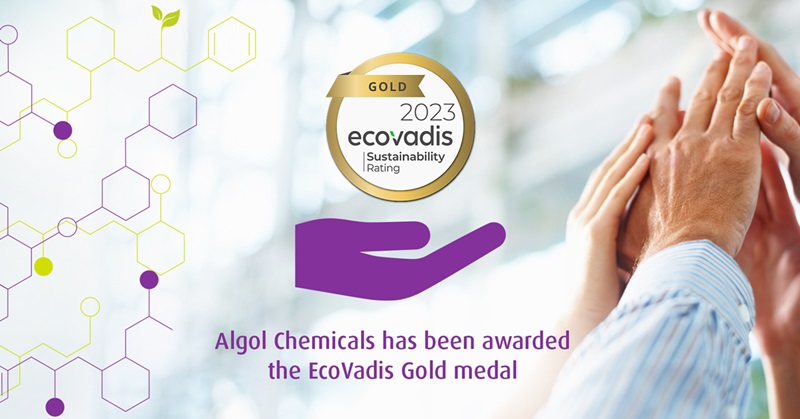Groundbreaking recycled nutrients collaboration with Algol Chemicals and Gasum
Developing a circular economy solution based on the Gasum biogas plant in Turku, Finland, is one of the Finnish Government’s key projects. Phase 1 of the project, related to nutrient recycling, has now been completed. Gasum processes sludge from the Turku region wastewater treatment service provider at its Topinoja biogas plant, turning the waste feedstock into biogas and recycled nutrients. Gasum has entered into groundbreaking recycled nutrients collaboration with Algol Chemicals. The project will continue with plant expansion and biogas liquefaction plant investment and is due for completion in late 2019.
A sub-project relating to nutrient recycling and the modernization of Gasum’s Topinoja biogas plant has been completed. Following the completion of the entire project, the Topinoja biogas plant will produce an annual total of 50 GWh of liquefied and 10 GWH of compressed biogas for various transport segment needs, equating to the annual energy consumption of around 6,000 cars. In addition to biogas, the plant will produce an annual total of around 4,000 tonnes of ammonia water, a recycled nutrient obtained from the biogas plant’s reject water totaling around 150,000 tonnes each year. In the first phase now commissioned, the annual production volume of ammonia water totals 2,000 tonnes. In the future, the recycled nutrients will be recovered and supplied to its customers by Algol Chemicals.
”It’s interesting to enter into recycled nutrients cooperation with Gasum. Corporate responsibility is part of our strategy and everyday operations. This is already the second circular economy project this year in which we’ve had the opportunity to participate and offer industrial operators and production processes products created as side streams. The production of a tonne of ammonia releases an average of 2.9 tonnes of carbon dioxide (CO2), so by using an annual total of 2,000 tonnes of the solution created in the Gasum process we can eliminate almost 700 tonnes of CO2 emissions compared with virgin ammonium production,” says Algol Chemicals Managing Director Juha Jokinen.
Read more from the press release.




